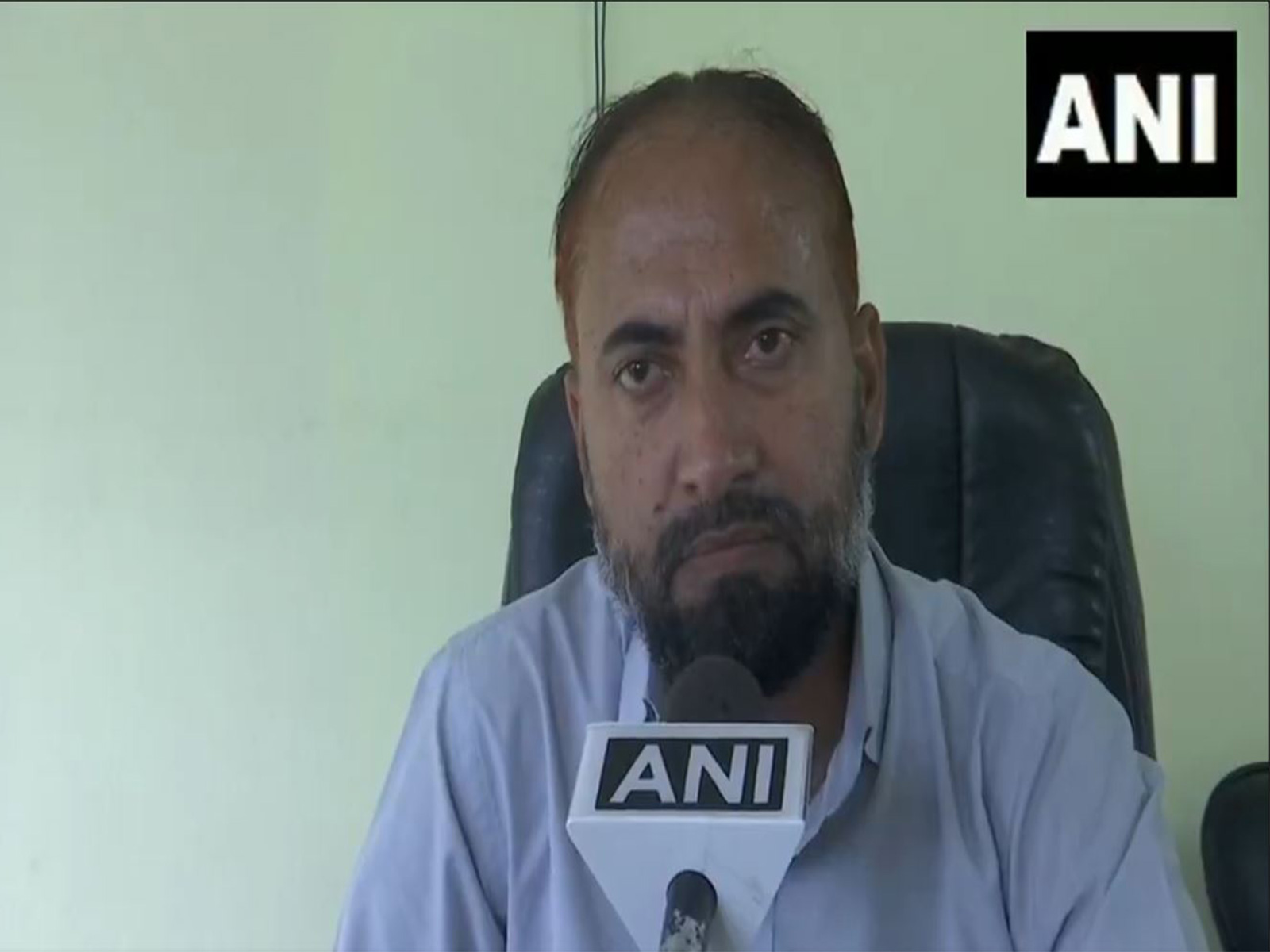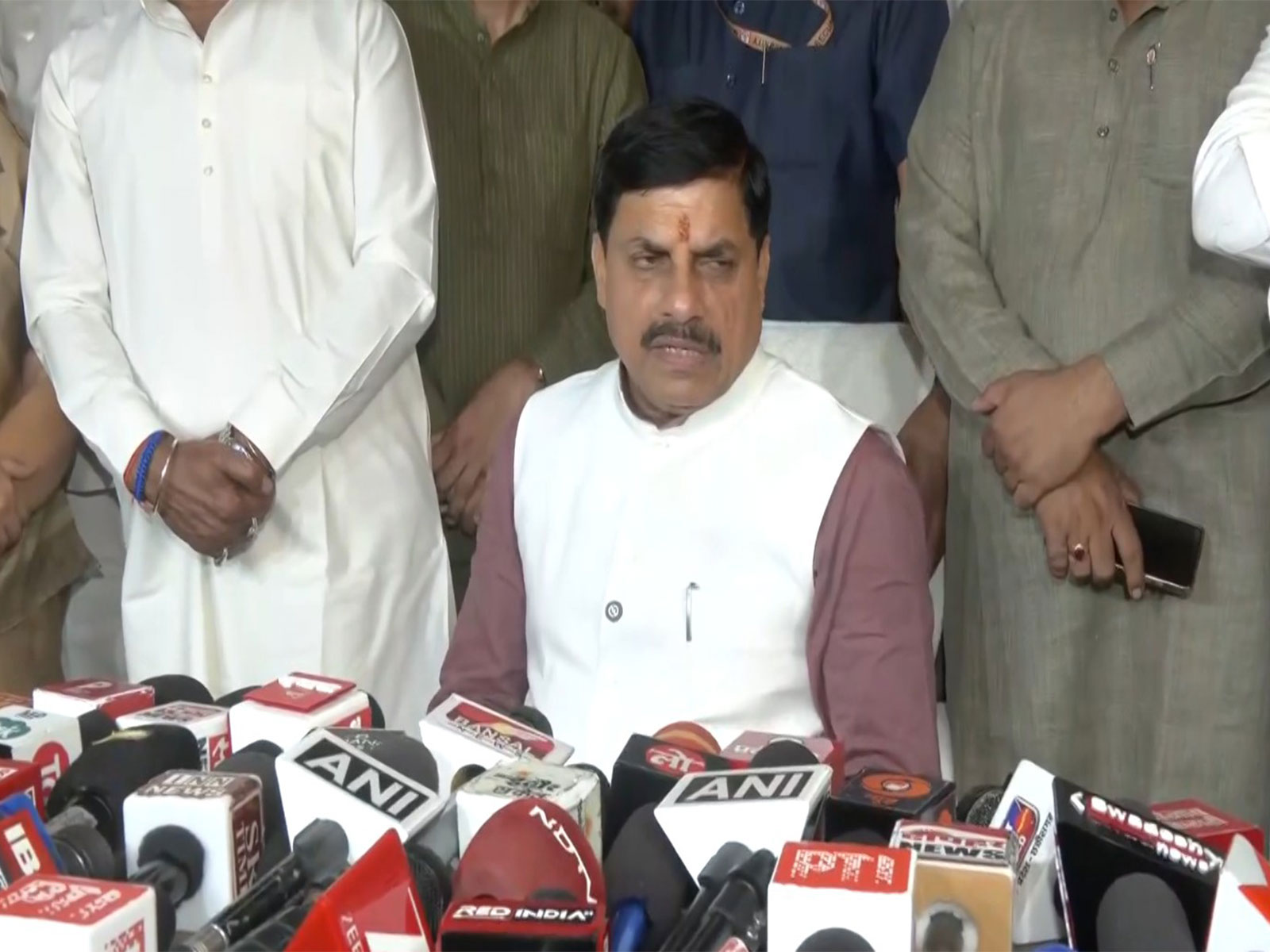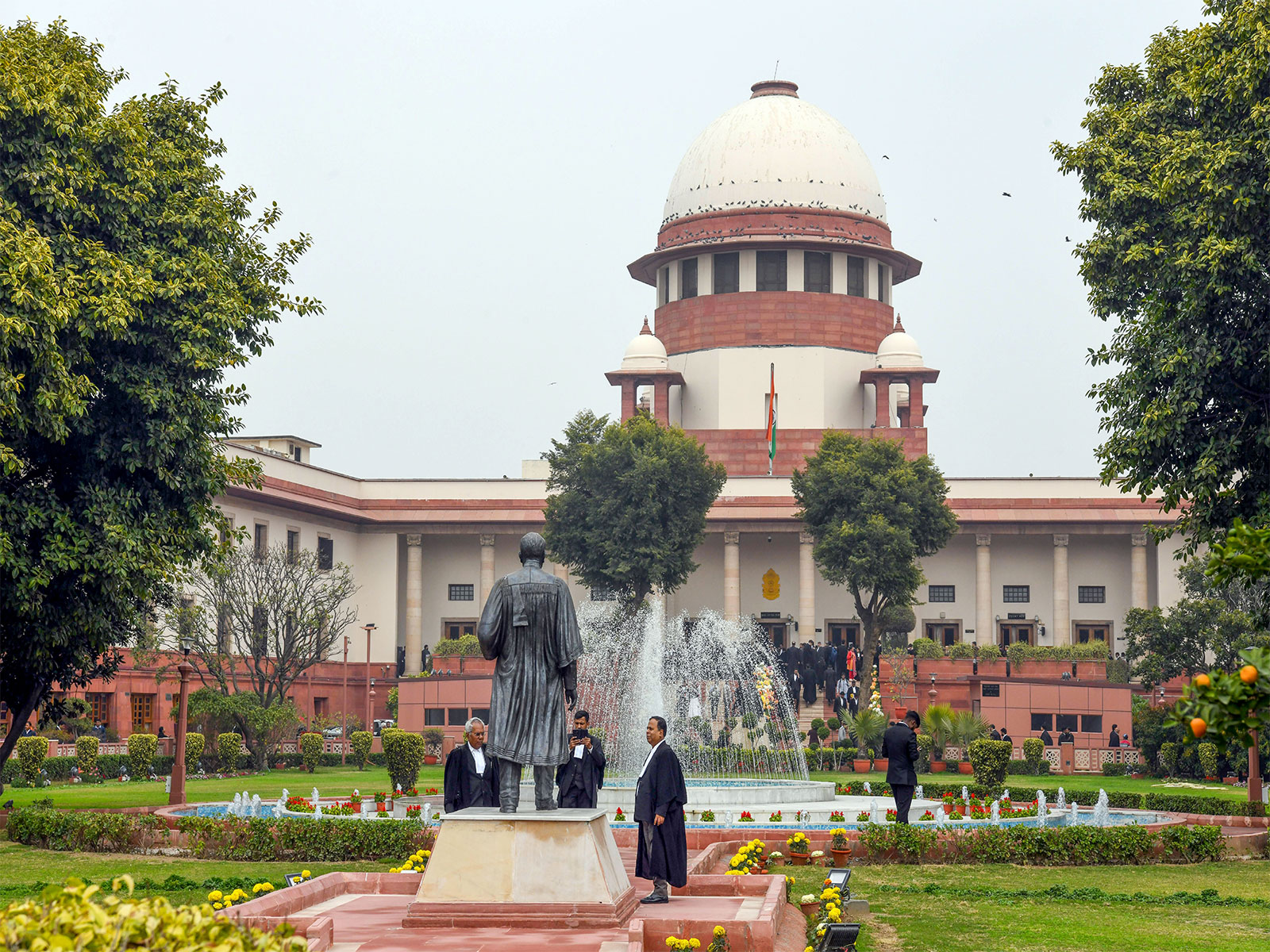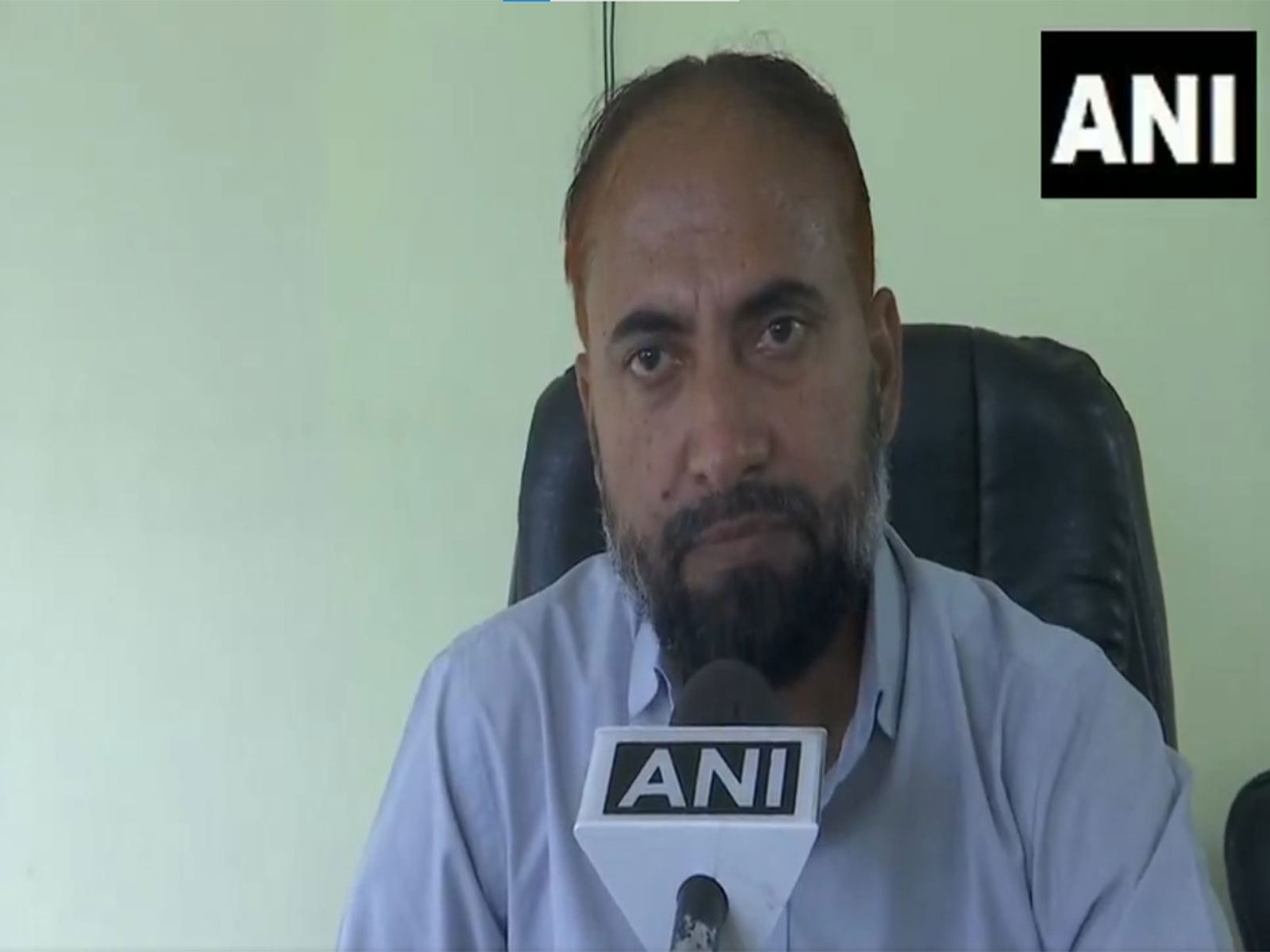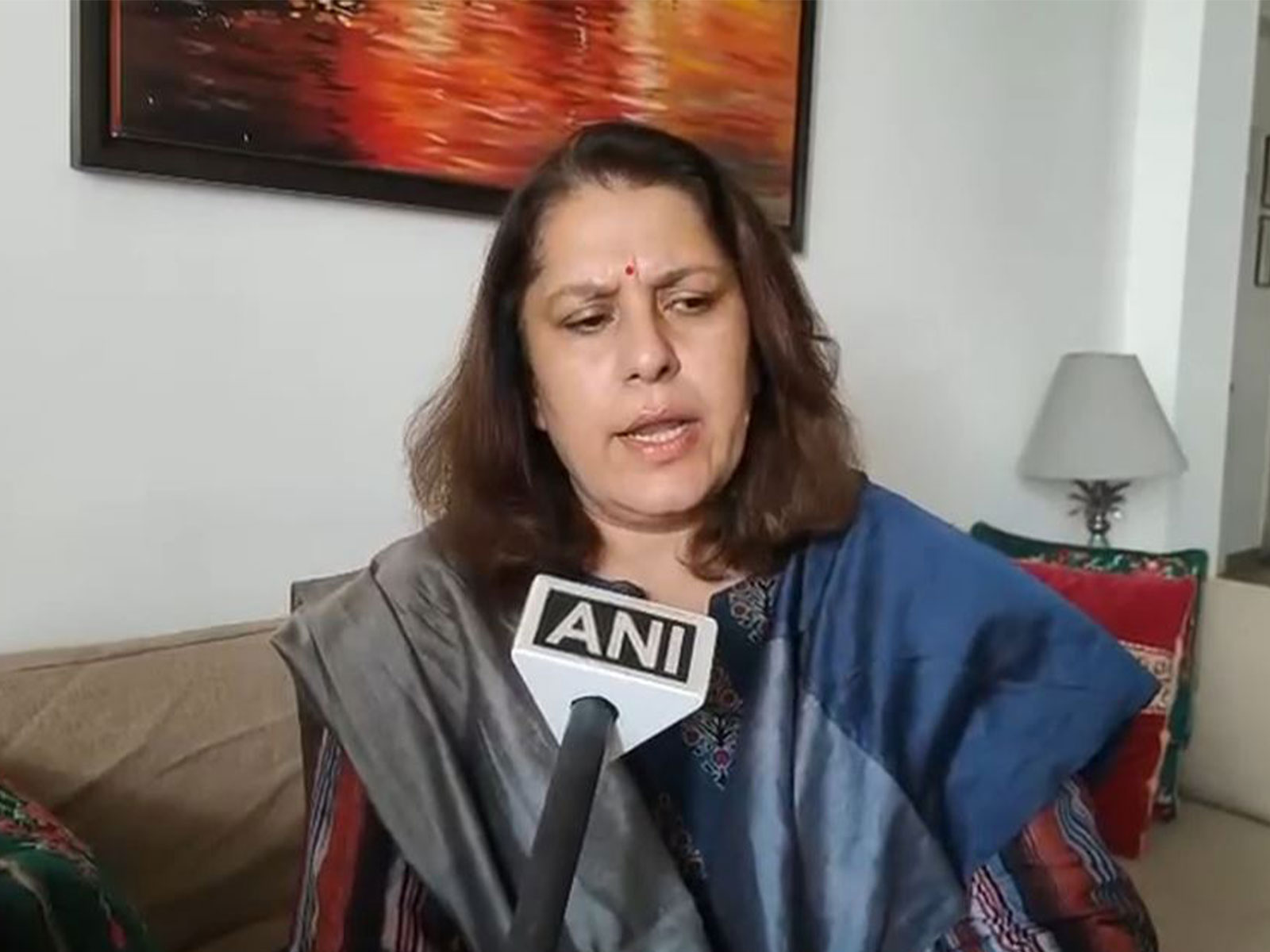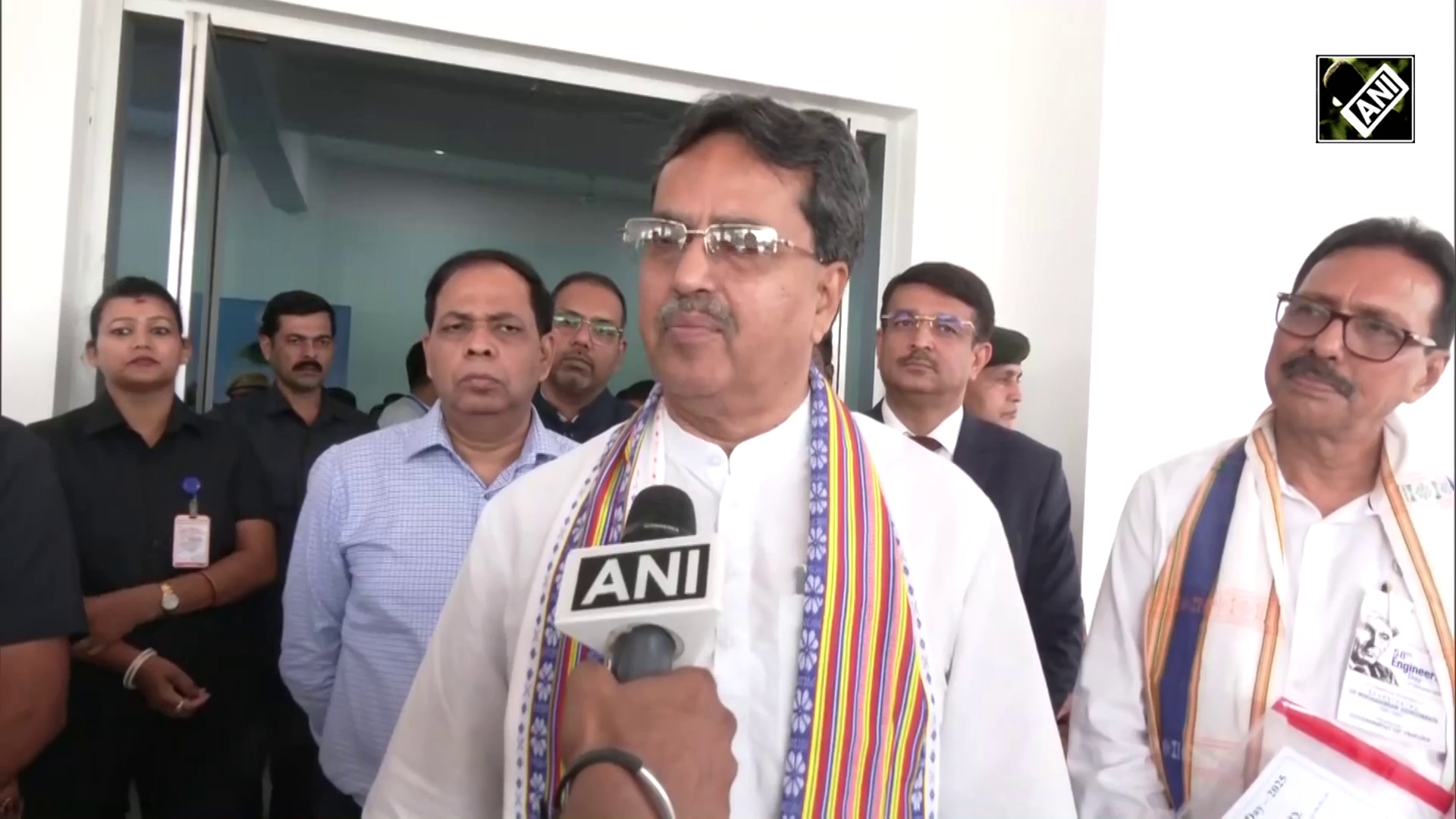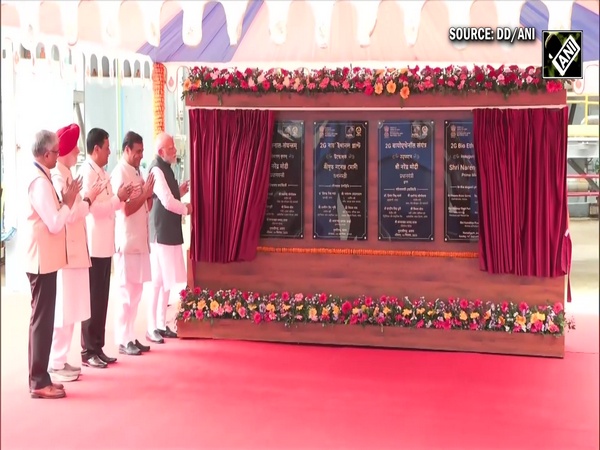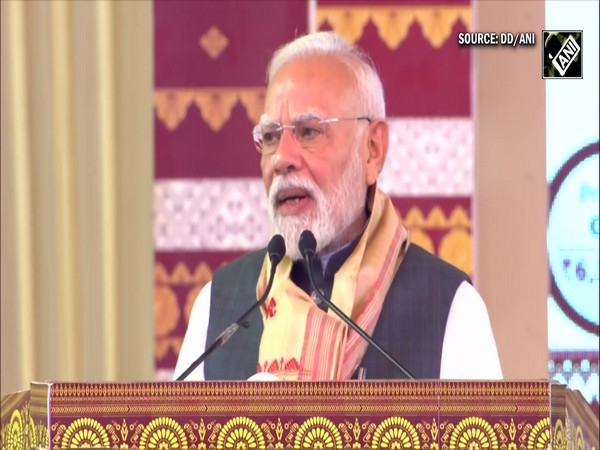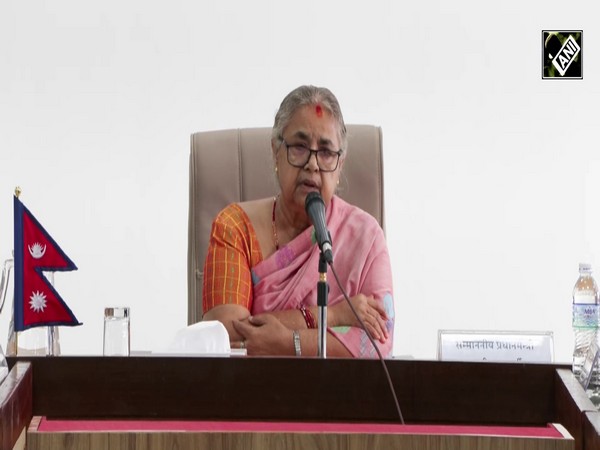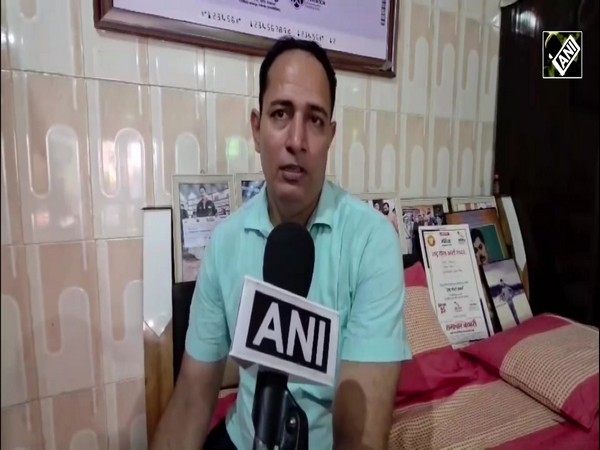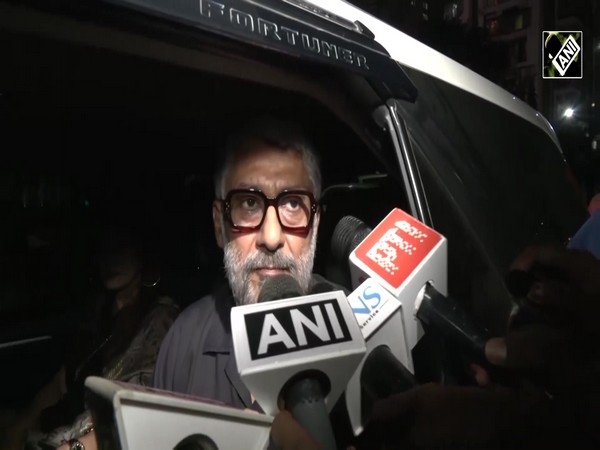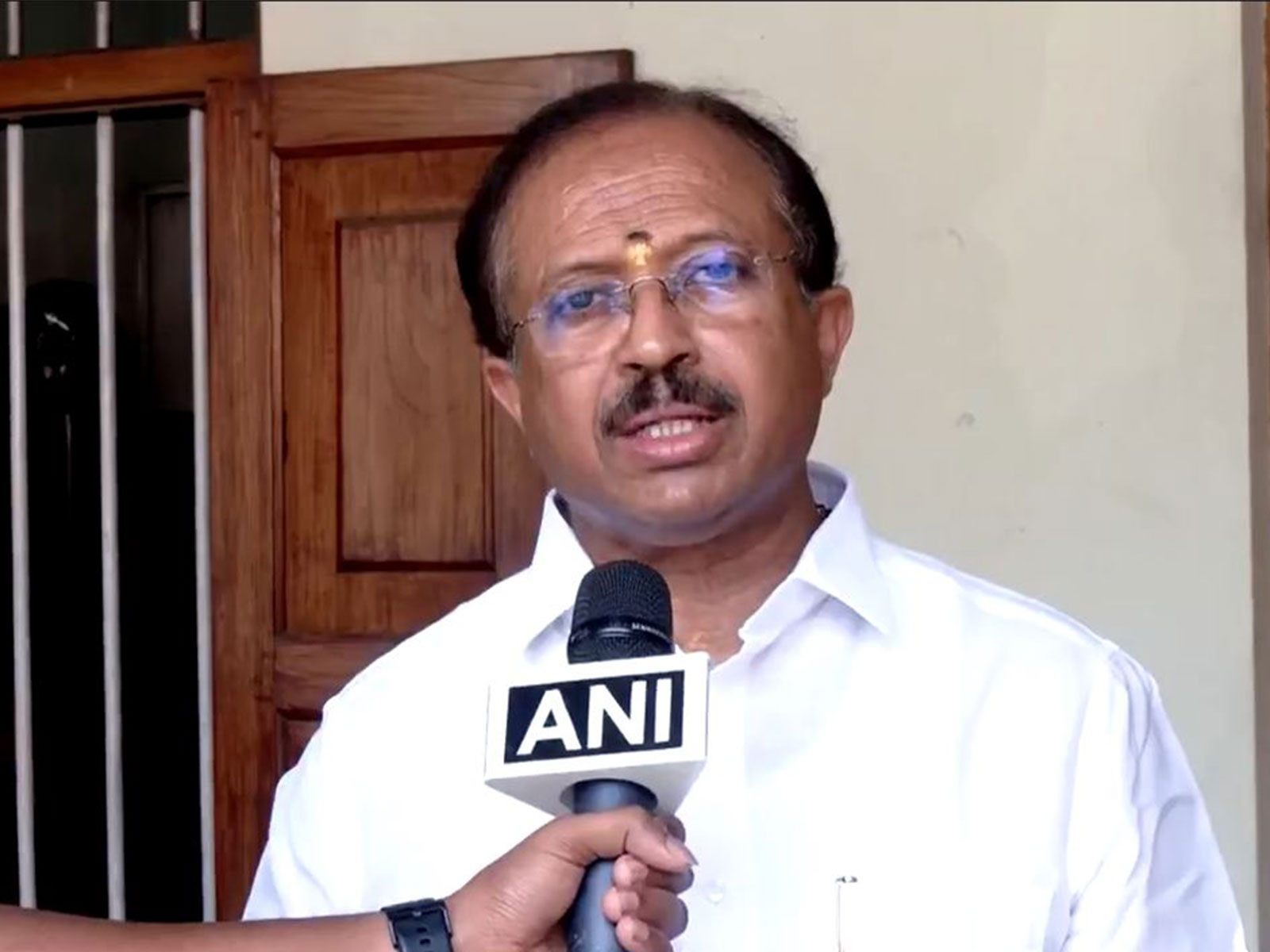
"Supreme Court has accepted the necessity of reforms in the Waqf Act": BJP's V Muraleedharan
Sep 16, 2025
Thiruvananthapuram (Kerala) [India], September 16 : Former Union Minister and BJP leader V. Muraleedharan on Tuesday supported the Supreme Court's interim order regarding the Waqf (Amendment) Act, 2025. He said that the Opposition was saying that the Waqf Amendment is unconstitutional, but the Supreme Court has said that there's nothing unconstitutional in that.
Speaking to ANI, Muraleedharan asserted, "All these days, the opposition was saying that the Waqf Amendment is unconstitutional, but the court has upheld the amendment. The court has said that there is nothing unconstitutional in that."
V. Muraleedharan further said that the Supreme Court has accepted the necessity of reforms in the Waqf Act. He said that the Act's transparency, the development of the waqf properties, and digitisation are all upheld by the Supreme Court.
"What the opposition is trying to say is that it is a setback for the Government. The fact is, those who went to the court didn't really get what they wanted," he added.
In the interim order, the apex court stayed the provision allowing the Collector to decide the dispute over the property. It said the Collector cannot be permitted to adjudicate the rights of personal citizens, and this will violate the separation of powers.
The top court held that till adjudication happens by the Tribunal, no third-party rights can be created against any parties, and the provision dealing with such powers to the Collector shall remain stayed.
The bench stayed the provision in the Act that a person should be a practitioner of Islam for five years to create a Waqf. It said the provision will be stayed till rules are framed on determining whether a person is a practitioner of Islam. The bench said that without any such rule or mechanism, the provision will lead to an arbitrary exercise of power.
The bench also said that the provision that not more than three non-Muslim members should be included in the state Waqf Board, and that, in total, not more than four non-Muslims shall be included in the Central Waqf Councils for now. The court also noted that, as far as possible, the CEO of the Board should be a Muslim.
However, the top court refused to stay the provision which abolished the concept of 'Waqf-by-user', and said prima facie deletion of the provision in the amendment "cannot be said to be arbitrary."
"If the legislature, in 2025, finds that on account of the concept of Waqf-by-User, huge government properties have been encroached upon and to stop the said menace, it takes steps for deletion of the said provision, the said amendment, prima facie, cannot be said to be arbitrary," the court said.

